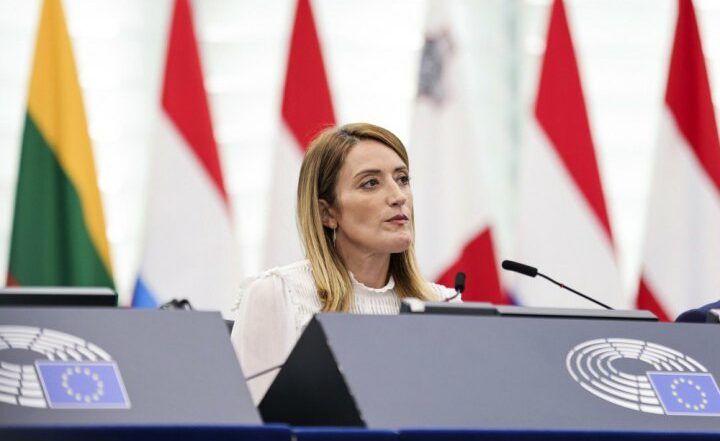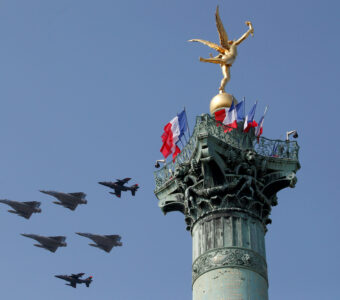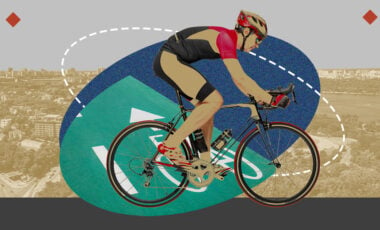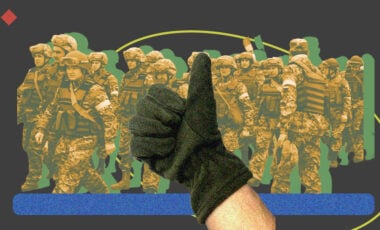EU support for Ukraine is a defense of democratic world order, not altruism – Metsola

Photo: EPA/UPG
Supporting Ukraine is crucial for safeguarding democracy globally, while on the other hand, the Russian Federation aims not only to annex the European nation but also to dismantle democratic values.
According to Ukrinform, the president of the European Parliament, Roberta Metsola, said this at a forum in New York during the UN General Assembly.
"This is not the case, not a manifestation of altruism or loud statements. We stand together with Ukraine because we stand for a democratic world order. Because we understand that if Putin's plan to capture Kyiv had been successful, he would not have stopped there.
His aggression would continue to destroy the values and systems we have worked so long and so hard to build. We know that the price of inaction would be much higher. We must not accept this and not only talk about it but also provide strong support," Metsola said.
The President of the European Parliament also emphasized that the European Union should stand with Ukraine as long as necessary.
"For over two and a half years, Ukraine has needed our attention for an obvious reason. We understand that Ukraine is fighting not only for its own survival but for the same values and ideas that hold us together as a global democratic community. How we will respond – this is a litmus test of our political generation," the official said.
Metsola added that the democratic world should not turn its back on Ukraine but should do everything possible to de-escalate the Middle East.
"We will always promote peace; it must be just, with dignity and freedom. We can do it only when we do it together," she stressed.
For reference:
The two-day Future Summit began on September 22 at the UN headquarters in New York, where Ukrainian President Volodymyr Zelensky delivered a speech.
The summit is scheduled to include about 250 speeches by heads of delegations from almost all countries of the world (about 190), represented by heads of states, governments, their deputies or ministers, and more than 60 representatives of international organizations.
During each five-minute speech, the speakers must address the search for solutions to global challenges.
According to the summit's results, the so-called Future Pact should be agreed upon, with sections on:
- sustainable development and its financing,
- international peace and security,
- science,
- technology,
- innovation,
- digital cooperation,
- youth and future generations,
- and transformation of global management.
The chapter on international peace and security contains provisions regarding the need to eliminate the root causes of armed conflicts, protect the civilian population, prosecute war crimes, combat threats at sea, prevent terrorism, etc.




















































